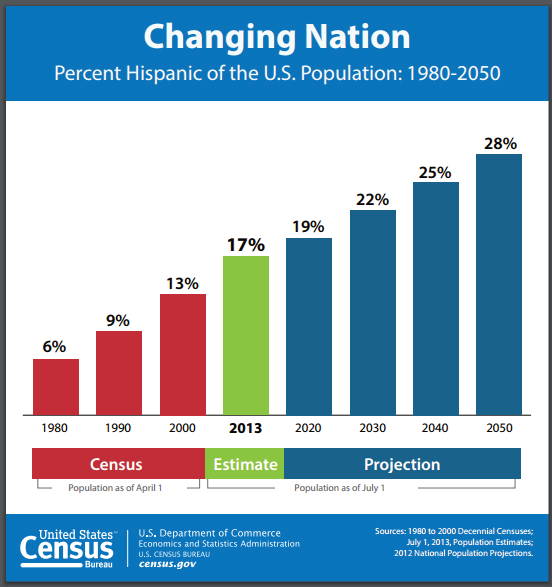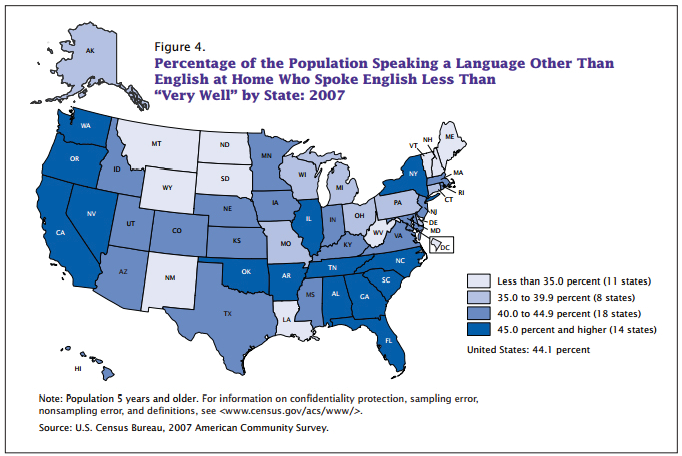Unidad 2: De compras y la ropa
6. Estrategia de comprensión: atrévete a adivinar
One of the biggest problems in learning a second language when we are older is that we want to have complete control over the new language and at the same level as our native language. We want to know exactly the meaning of each word that we read or we hear and because we are just starting to learn the language, we feel frustrated and overwhelmed. With practice your proficiency will improve.
How old are you? Please write your age: I am ____ years old. The number that you just wrote is the number of years that you have studied English, 24 hours, 7 days a week. You are just starting with Spanish.
It is very important that you accept that you will not be able to understand each word that you read or hear. It is not practical for you to review in a dictionary or with a translator each word that you don’t know! You need to be open to the idea of GUESSING. At the beginning you will make a lot of mistakes. The more mistakes you make and strive to correct, the more you will learn. Soon you will make less mistakes, and your brain will be comfortable at guessing or getting the gist of the passage or the general idea.
The guessing strategy is very simple. It is like a riddle where you look for specific bits of information to help you to make an educated guess. This strategy will be a key factor to succeed on your Spanish journey. We will start applying it to reading. It is easier because you have all the words on paper. Your brain is working with images (the words) without worrying about the Spanish phonetic focus interrupting the image of the words that you are seeing.
La estategia de lectura: Adivinando
- Identify the topic/theme.
- Find possible cognates.
- Context : pay attention to the words that you understand.
- Take the risk and guess!
¡Apliquemos la estrategia!

Access the reading (lectura) 2.2.1. It is adapted from the newspaper article written by Luis María Anson, de la Real Academica Española 12/09/2014 “Estados Unidos, segunda nación hispanohablante” published in the Spanish Newspaper El Mundo.
Before reading, identify the topic: Look at the title, subtitles and illustrations and answer the questions:

- ¿Cuál es el tema del artículo?
- El número de hispanos en el mundo. [ ]
- El español en los Estados Unidos. [ ]
- El inglés hablado por hispanohablantes. [ ]
- Find Cognates: Go through the following reading and underline any word that you think is a cognate. Now write all the possible cognates that you found. ___________________________________________________________________________________________________________________________________________________________________________________________________________________________________
- Understanding unfamiliar words: Now read the article, pay attention to the words that you understand, ignore the words that you don’t understand.
Now without using a dictionary or a translator guess what the meaning of the following words that are highlighted and underlined in the passage:
rozará __________________
potencia _________________
quitándole________________
lengua materna _____________
cifras ___________________
Ahora contesta las siguientes preguntas basadas en el artículo “Estados Unidos, segunda nación hispanohablante.”
a) ¿Por qué si el inglés es el idioma más hablado es importante el idioma español?
_______________________________________________________________________________________________________________________________________________________________________
b) ¿Por qué el chino siendo el idioma que más personas hablan no tiene tanta importancia como el inglés o el español?____________________________________________________________________________________________________________________________________________________________
c) ¿Cuál es tu opinión sobre este tema? ¿Crees que sea correcto? Fundamenta tu respuesta. ________________________________________________________________________________________________________________________________________________________

It is important that you know that as we have cognates, we also have false cognates. The false cognates are some words in Spanish and English that have similar form but very different meanings.
Cognados falsos comunes:
- fútbol/futbol = soccer
- embarazada = pregnant
- carpeta = folder
- carta = letter
- realizar = to make/do as a goal/ achieve
- lectura = reading
- actual = current, present
- fijar = set
- asistir a = to attend
Did you know that The Census Bureau’s mission is to serve as the leading source of quality data about the nation’s people and economy? In 2013, they reported that people of Hispanic origin is the nation’s largest ethnic or racial minority. Hispanics constituted 17 percent of the nation’s total population.
This information supports Luis María Anson’s article. Analyze the following graphs, before answering one last question.


En conclusión, ¿el español es un requisito para tus estudios o será un requisito en tu vida profesional? Por favor detalla tu respuesta:
______________________________________________________________________________________________________________________________________________________________________________

